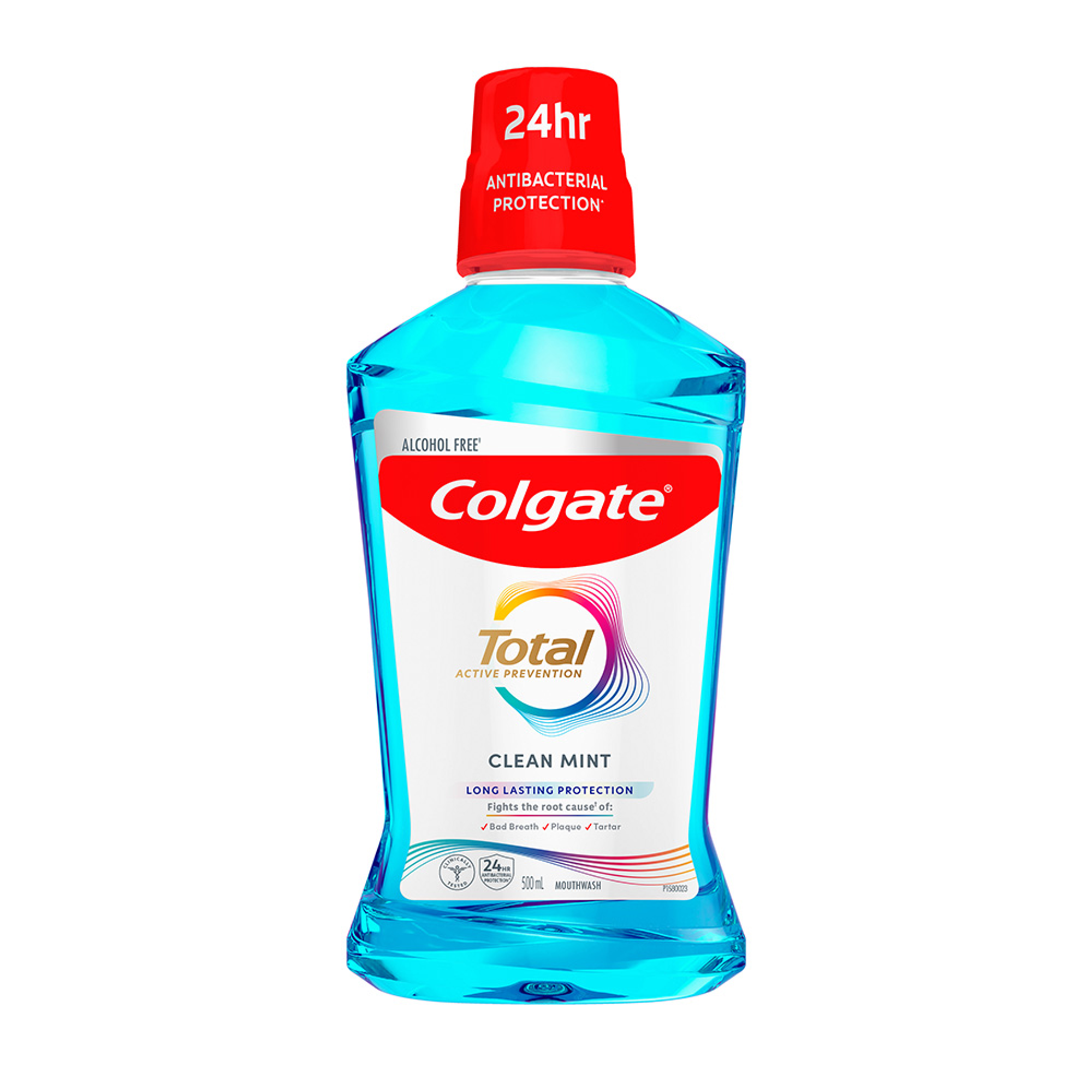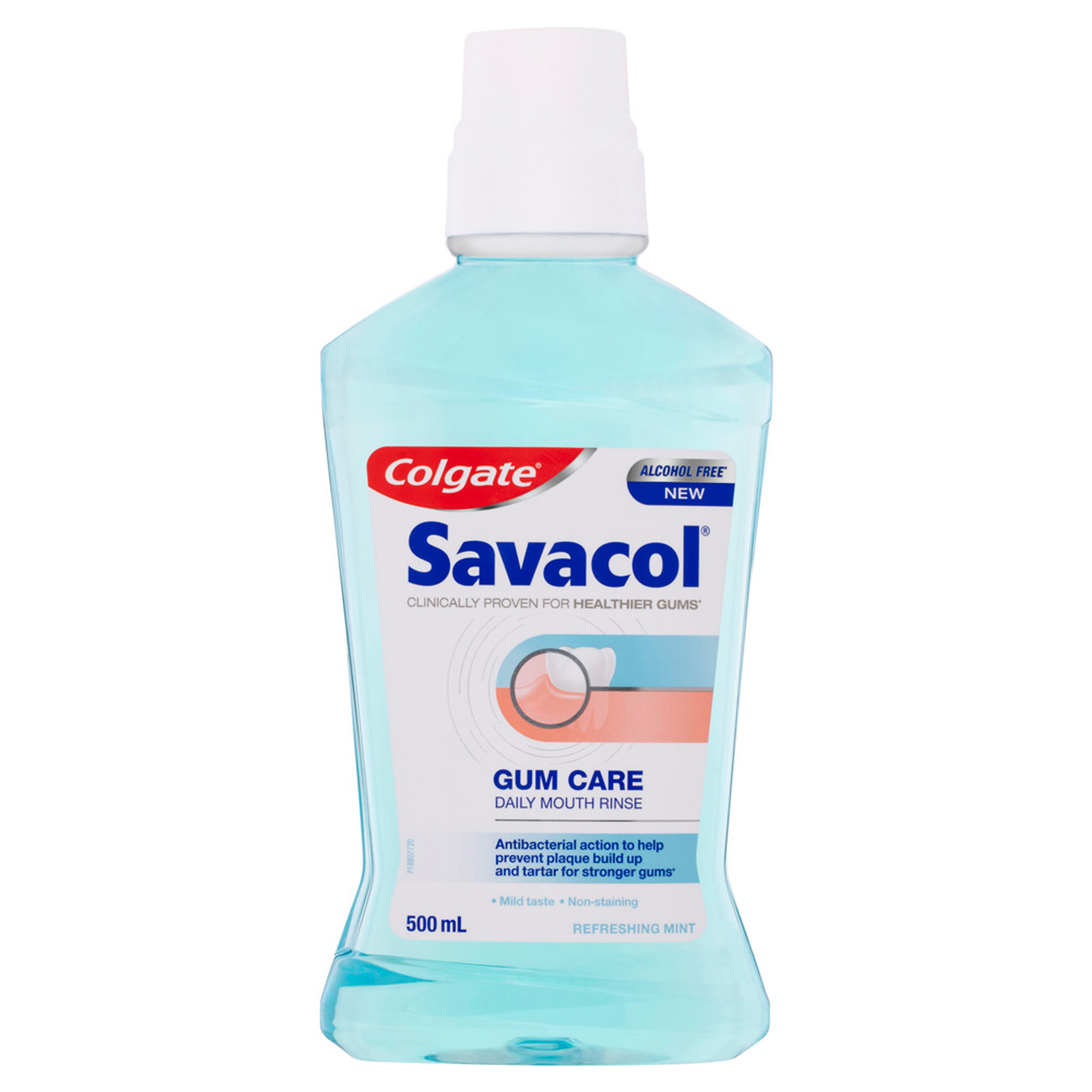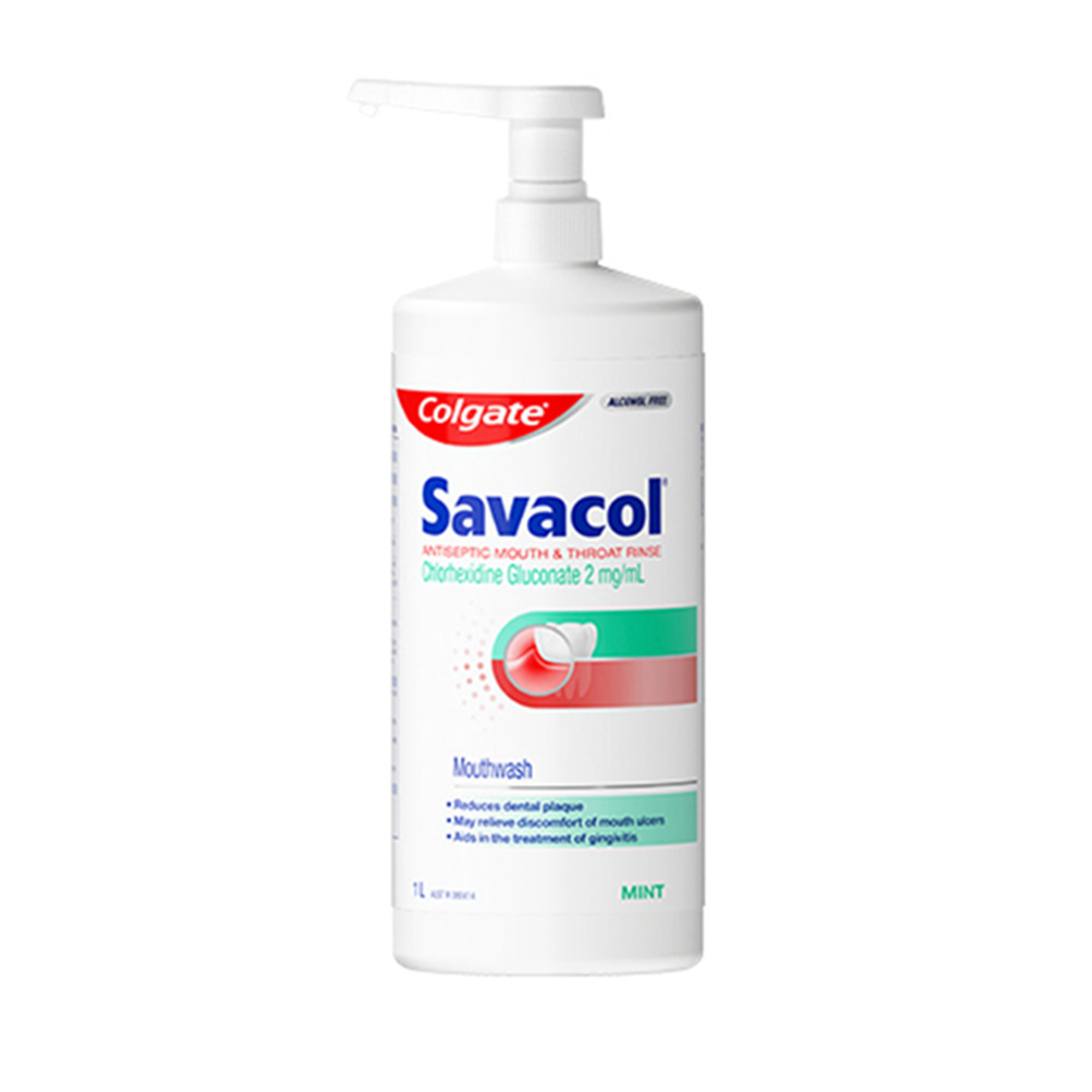Young adults often find that they can leave high school with good oral health and very few fillings. Unfortunately, in many cases this does not continue.
Studies* have shown young adults (15-24 years) in Australia have more tooth decay than Australian children at 12 years of age. Similarly in New Zealand, the good oral health gains that have been made during the school years are not necessarily continued during adulthood. The causes of this include such things as changes in lifestyle, less frequent tooth brushing, changes in eating patterns, less regular dental check-ups and habits such as drinking and smoking.
It’s important to remember that tooth decay is basically a preventable disease. Here are the main tips:
- Fluoride is needed every day throughout your life to help protect teeth from decay.
- Fluoride is most easily applied by brushing with a fluoride toothpaste and a soft bristled toothbrush every day and by drinking fluoridated tap water.
- Studies** have shown that brushing with a fluoride toothpaste twice a day reduces the risk of tooth decay much more than only brushing once a day.
- The most important time to brush your teeth is before bedtime as the flow of saliva, which also helps protect the teeth against decay, is lowest during sleep.
- Don’t forget to clean in-between your teeth using either dental floss or interdental cleaners.
- Try to limit sugary food and drinks to mealtimes only, rather than between meals.
- Choose healthy snacks.
Look in your own mouth
Make sure that you have a good look in your own mouth regularly. Gently lift your lips and look for any white spots (or dark spots) on the teeth. If you have any, make sure you get advice from your dental professional. Also, keep in mind that dental decay is not always visible and can often start between the teeth.
Gum problems
When you brush your teeth you may notice sometimes that your gums bleed. This may be a sign of gingivitis, a type of gum disease. Gingivitis can be reversed by gently brushing the gum area with a soft toothbrush and by also cleaning between the teeth with either dental floss or interdental cleaners. At first, you may notice your gums bleed even more – don’t worry about this. As you continue to clean these areas they will become less inflamed and should stop bleeding. If your gums continue to bleed, it is best for you to consult with your dental professional.
Bad breath
Bad breath can have many causes such as smoking, gum disease, certain foods or drinks, or gastric reflux.
What to do?
Make sure that you brush and floss your teeth thoroughly and don’t forget to clean your tongue as well. You might want to use a toothbrush such as the Colgate 360º toothbrush with a tongue cleaner on the reverse side. Adding a mouthwash to your daily routine can be another way to limit plaque build up and freshen breath. If your bad breath persists, consult your dental professional.

Strong acids can cause big problems
Any condition where vomiting or gastric reflux happens a lot – such as bulimia, nausea from pregnancy or nausea from drinking / drugs – can cause rapid and severe erosion of the tooth enamel.
What to do?
After any episode of vomiting, the surface of your teeth may be “soft” for a while. Your teeth should NOT be brushed straight away. Instead, rinse your mouth with water and chew sugarless gum to help stimulate your saliva. Wait for 30 minutes before brushing your teeth with fluoride toothpaste. If any condition is causing vomiting on a regular basis, please see your health professional. Your dental professional can also advise you on the best way to avoid damaging your teeth.
Oral health and sport
Having a healthy, active lifestyle is important for your general well-being. However, there are some habits that can put your teeth at risk of decay or erosion. Often athletes regularly drink sugary or acidic drinks, such as sports drinks, to help replace fluids. Many of these drinks are very acidic and can erode the enamel of your teeth. Some energy drinks are high in caffeine which can affect your oral health by causing dehydration. This reduces the amount of saliva you produce. Saliva is the body’s natural defence against tooth decay as it constantly neutralises acids and helps to replenish minerals in teeth. Sports and leisure activities can put you at risk of having a tooth damaged or knocked out
What to do?
- Drink plenty of WATER before, during and after playing sport. Only drink sports drinks or energy drinks in moderation.

- Professionally fitted mouthguards are highly recommended for any athlete who plays a contact sport. Always remember to wear your mouthguard during training as well as for the game.
Tongue and lip piercing
There are risks of infection with any body piercing, so consider these risks before proceeding. In particular you should consider the following:
- Barbells in the tongue can chip or even break teeth.
- Your gums can also be damaged if a piercing rubs against them. This is of particular concern with a lip (la Bret) piercing.
- It’s important not to sleep with your piercings in.

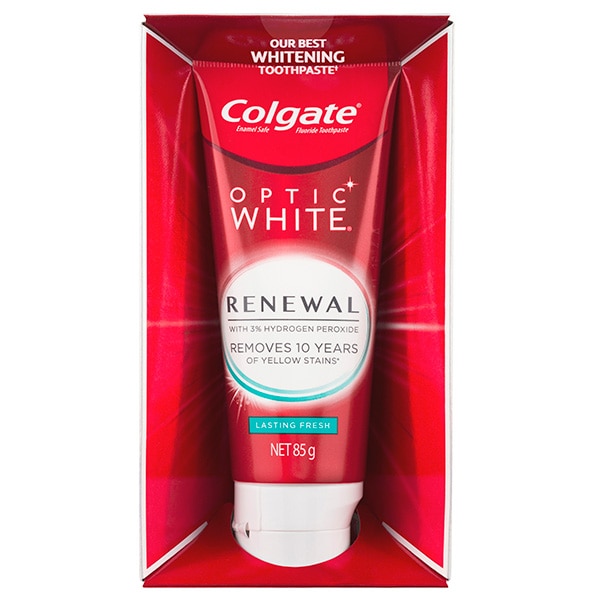
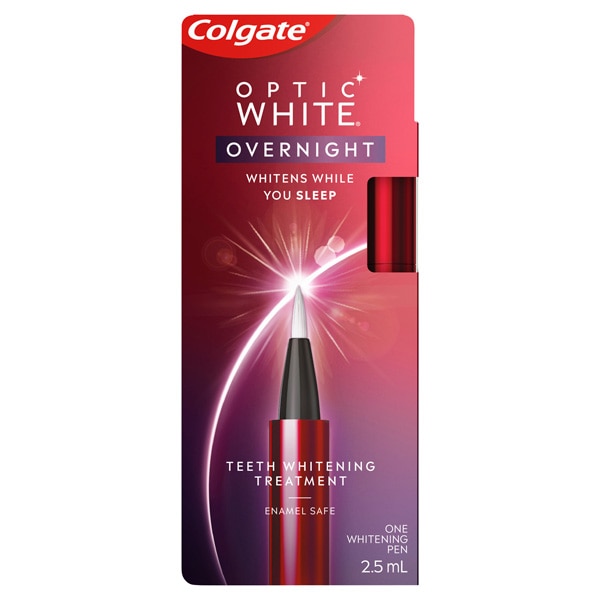
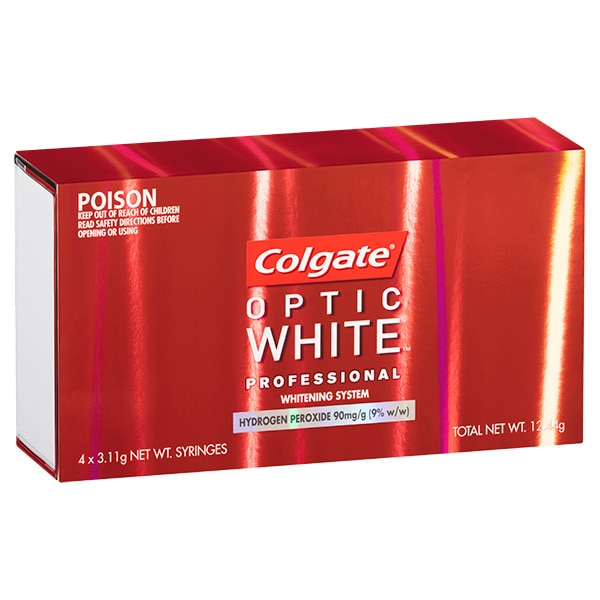
Tooth whitening
There is an increasing interest in tooth whitening and there are many whitening products available on the market. Some products work by removing the stains that build up on the outside of your teeth from drinking coffee, tea, red wine or smoking. Other products contain peroxide and these lighten the colour of the tooth itself.
If you are interested in tooth whitening, you should ask your dental professional for advice.
Regular dental checks
It is important for young adults to have regular dental checkups. As changing lifestyles can often mean that oral health is overlooked. Prevention is always better than treatment, so don’t wait for a problem to occur
*Oral health and dental care in Australia, Key Facts & Figures 2015, The University of Adelaide tables 2.4 and 2.6
** Caries experience among 45-54 year olds in Adelaide, South Australia, DS Brennan, AJ Spencer, KF RobertsThomson, Australian Dental Journal 2007;52:(2):122-127
Join us
Get resources, products and helpful information to give your patients a healthier future.
Join us
Get resources, products and helpful information to give your patients a healthier future.







